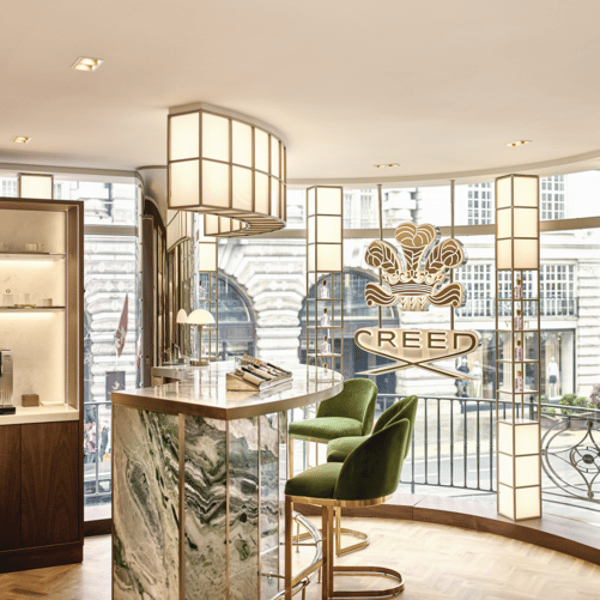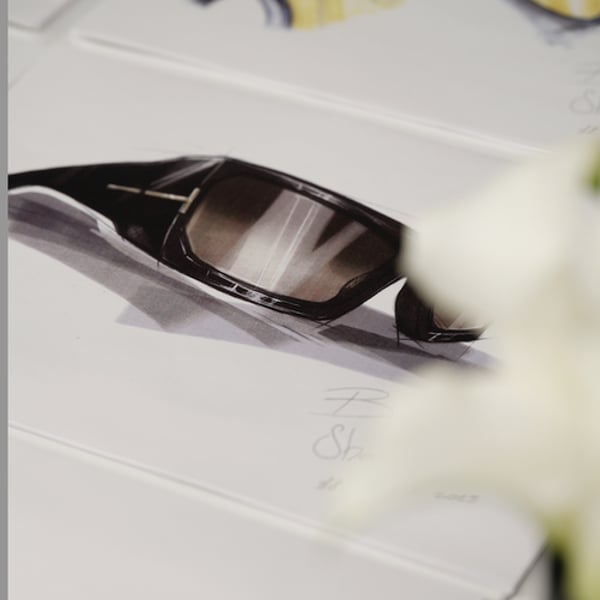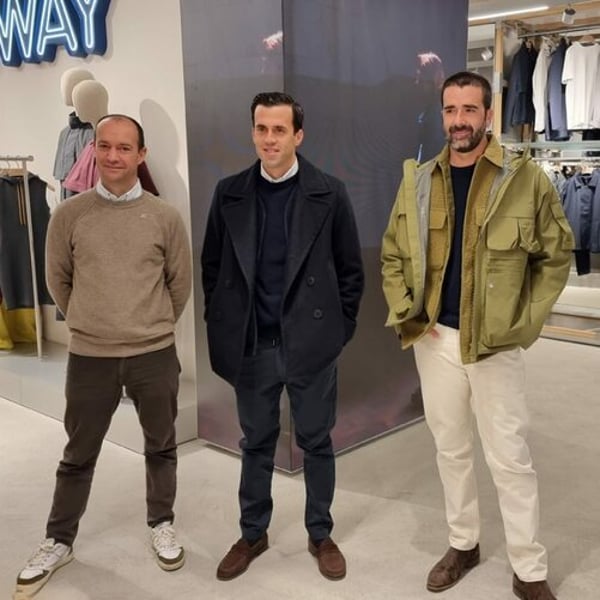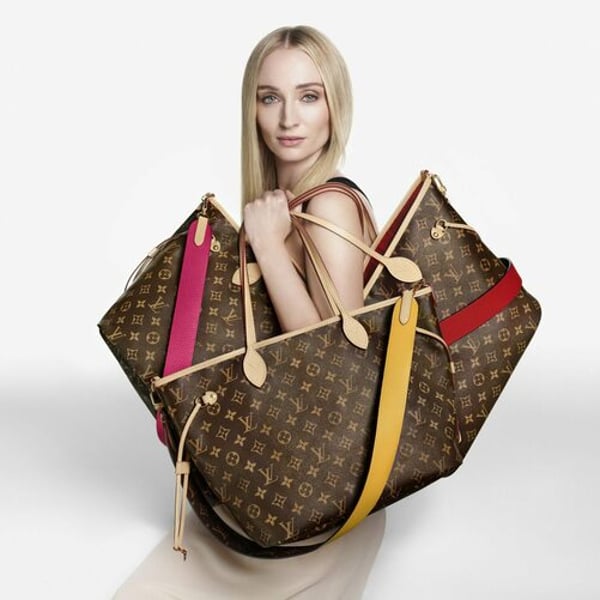By
Bloomberg
Published
October 20, 2025
L’Oreal SA’s €4 billion ($4.7 billion) purchase of Kering SA’s beauty business marks the largest in a string of recent deals by the French cosmetics group, as it builds out its range of luxury brands.

The acquisition showed the owner of Maybelline and Lancôme is willing to pounce when prized assets are up for grabs at an attractive price. Creed’s valuation was lower in the deal than the €3.5 billion Kering paid for it in 2023, a person familiar with the talks said, declining to say by how much.
L’Oreal Chairman Jean-Paul Agon approached Kering’s then CEO Francois-Henri Pinault in the past year about striking a beauty deal, people familiar with the transaction said. Pinault is still chairman of Kering but was replaced as CEO last month by Luca de Meo. The talks accelerated in September, one person said.
The all-cash purchase was billed as a beauty and wellness partnership between Kering, the owner of Gucci, and L’Oreal. Beyond Creed, L’Oreal will also get 50-year licenses to develop and market beauty offerings for Kering’s fashion brands, including Bottega Veneta, Balenciaga and eventually Gucci — once that license is freed from its partnership with Coty Inc.
The Gucci license is set to become available in 2028 at the latest, according to the deal terms, people familiar said.
Berenberg analysts led by Nick Anderson estimate Creed is being valued at €2.5 billion in the sale, implying a writedown of around €1 billion on the 2023 purchase price, they said Monday in a note. They estimate the Gucci license is worth €1.5 billion.
The deal “comes at a price, namely a one-third write-down of an asset bought just two years ago,” the analysts said.
Kering investors still welcomed the deal, sending shares as much as 5.5% higher in Paris. With the sale, leverage will come down close to 1.5 times earnings before interest, tax, depreciation and amortization from 2.3 times at the end of last year, according to estimates by Banco Santander SA.
The move to offload the beauty business is “positive, not only to improve the balance sheet, but also to focus on its core luxury brands,” Santander analyst Mariano Szachtman wrote.
Representatives for L’Oreal and Kering didn’t immediately respond to requests for comment. A Coty representative declined to comment. The companies will also explore business opportunities in the fields of luxury, wellness and longevity, they announced.
Kering has struggled in recent years with slumping sales at its biggest brand, Gucci, and an increasing debt load after a series of pricey deals, including Creed and premium property acquisitions. De Meo vowed last month to slash debt and costs.
L’Oreal, meantime, has been on an acquisition spree. It bought Aēsop in 2023 at an enterprise value of about $2.5 billion, and recently purchased South Korean brand Dr. G, a majority stake in Medik8, and minority stakes in Omani high-end fragrance maker Amouage, French fashion brand Jacquemus, and Galderma Group AG, which specialises in injectable skin fillers.
Some of these recent purchases are part of L’Oreal’s growing luxury portfolio, which is overseen by Cyril Chapuy.
Investors are also waiting for a resolution as to who will buy an initial 15% stake in Giorgio Armani SpA following the founder’s death last month. L’Oreal, which has a license with Armani to market its fragrance, makeup and skincare products until 2050, was named as a one of the preferred buyers in Giorgio Armani’s will along with EssilorLuxottica SA, another license holder, as well as LVMH Moët Hennessy Louis Vuitton SE.
On the Kering deal, L’Oreal was advised by Bank of America, Rothschild and PVC PH. Villin Conseil. Kering was advised by Centerview and Evercore.







